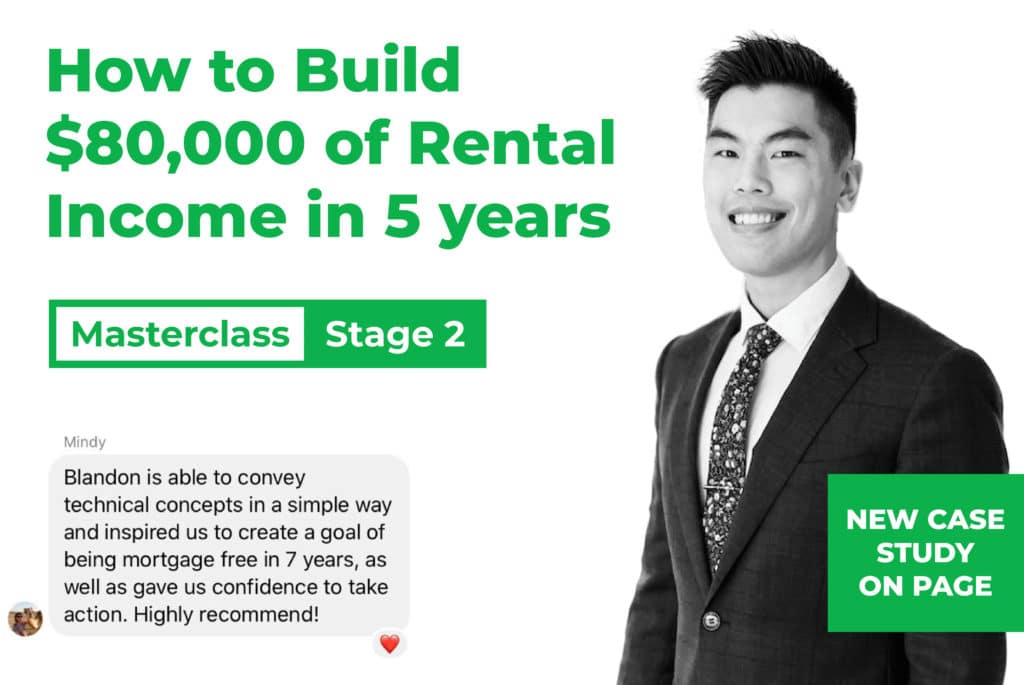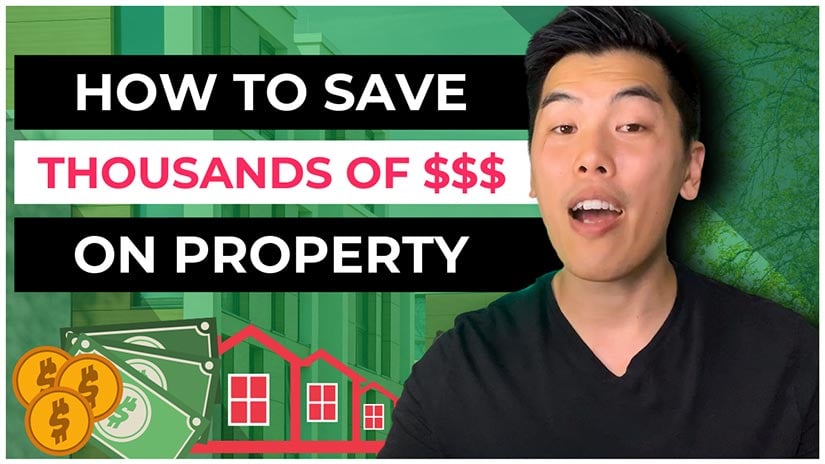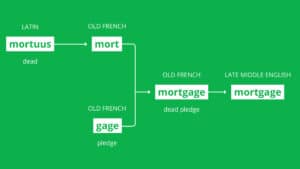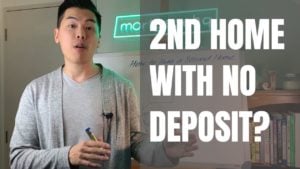After working with hundreds of property investors and first home buyers, here are four common mistakes that you can avoid that can help you save tens of thousands of dollars. And if you stay till the end, I’m going to share three due diligence steps that I personally use, and my clients use as well. Now, if you get the lessons right in this video, I’m confident you’re going to get better deals, and you can avoid overpaying.
Mistake number one is casting the net too wide. One of the biggest mistakes that first time investors and first home buyers make is that they give themselves too many options.
They look at way too many suburbs and their search filters have way too wide of a price range, no specific room numbers or toilets and bathrooms, and not being specific in terms of the title because here’s the thing. If you’re looking at freehold titles, units and cross lease, they’re all at a different price range in terms of dollar per square meter.
So, if you narrow down even the title, then you’re going to start seeing a pattern on the price range on those particular titles. It’s going to be much easier for you to make an offer and make a decision quickly. So, being specific with what you’re actually looking for, having some clarity around that is actually going to speed up that process, and it’s going to dramatically improve your results. Mistake number two is it’s justifying with emotions.
When you’re looking at a property, always ask yourself this question, if you’re about to buy it, why are you buying this property? Now, if you start that sentence with, “I feel,” then you have made the mistake already. Think based on data and your research.
What are some of the recent sales in the area for your particular property? What are some comparable stats that you can look at? homes.co.nz is one of the best free tools online that you can quickly search up whatever address that you might be looking at, and what are the surrounding recent sales. So, definitely use that to your advantage and start chucking that data on a spreadsheet.
So, if you want to make good decisions around properties, make sure you justify through numbers and not emotions. Number three is taking too long to make a decision and take action. Now, have you ever been in a situation where there was something that you wanted to buy and you sort of just waited because it was just a little bit too expensive.
And that time comes where the price have dropped, but you took too long to make a decision. It either sold out or they put the price back up. I know I have with properties and I have seen my clients make the same mistake as well. But if you make sure you make adjustment to the first mistake and the second mistake that we have spoken about in this video, then this mistake is going to be a lot easier to avoid because your decision-making process will be a lot simpler, clearer, and it’s going to be easier as well for you to get to the right price on whatever you’re buying.
And if you can make decisions quicker knowing what price range you should be offering on the particular property, then the chance of you making more offers is much higher. Therefore, the steps are, making a decision on price, making those offers. Just leave it, if it comes back, great.
If it doesn’t, move on to the next one. You are going to find a property that you want a lot, lot sooner. And number four is trying to do this on your own without a team of experts. I get it, the kiwi mentality. It’s about DIY because we want to get our hands dirty, save some money, do it ourselves. However, an investor’s mindset should be focused on, what are the cost of the risk and what is the return on investment, otherwise known as ROI?
Just a simple example is building report. A lot of people want to save money on that. It might cost you $600, $700. Now, the risk of a property being structurally unsound is in the hundreds of thousands of dollars. And unless you’re in the industry, it’s going to be pretty hard for you to pick up those things.
And if there were some small things that needs to be fixed after you have settled the property, it’s going to cost you in the thousands. So, doing a building report is at least going to save you that few thousand if you can negotiate that off, or avoid buying a lemon. So, the potential return on a building report is easily 10X plus, so definitely recommend a building report.
Another common one is dealing with the bank direct. Well, when it comes to pre-approvals or perhaps a transaction, it might be slightly easier because they already have your details. However, if you want to make good decisions around properties and you want to make decisions that are going to future proof the growth of your portfolio, and you want to know how that property might affect your future borrowing capacity, a property investment focused mortgage advisor is going to be a great asset to your team.
And so, make sure you assign yourself a mortgagehq advisor. And so, here’s the bonus, the three-step due diligence that I personally use and my clients use. Now, when you go buy a property, you go for an open home, you usually get an info pack from the agent via email. The info pack has the land report, the title, the rental appraisal, and usually a blank sales and purchase agreement.
If it’s a negotiation, you can make an offer subject to finance straight away. If it’s an auction, you can go to the auction, you can get the bank to check that beforehand. And if you make an offer prior to the auction, and it meets the seller’s reserve, then you have effectively pushed the auction forward. So, that document is very important.
The first step you need to make sure is finance. Because if you’re working with an experienced mortgage advisor, they can straightaway tell you what potential challenges there might be if you’re trying to secure finance for a particular property. Are there valuations or reports that you might need to get? And they can also get you a bank valuation. What is the particular bank that you’re using going to value this property at?
And it gives you a good price guide when you’re trying to make an offer as well. Second step is legal. Checking that the sales and purchase agreement that you’re going to sign, the land report, the title, are all in order. And this is a very important step. I definitely recommend that you get your lawyer to check over everything.
And thirdly, the property itself. There can be many, many things that you can check, but here are the three most common things that I definitely would 100% suggest you look at. Firstly, is the building report. So, you want to just check if things are structurally sound, and if there’s anything to fix. Secondly, is a meth report. Never judge a book by its cover, because it could cost you hundreds of thousands of dollars.
And lastly, insurance. Just ringing up a general insurer, getting a quote and making sure there are no exclusion on the particular property that you’re buying. And so that’s it, folks. Hopefully you have learned something. And remember, if you found value, smash that like button and leave a comment if you think there are mistakes that I have missed out and that buyers need to know. And if you guys want to learn more on how you can take a numbers approach to properties, check out the master class in the links below.
I look forward to seeing you in the next video. ♪ [music] ♪













